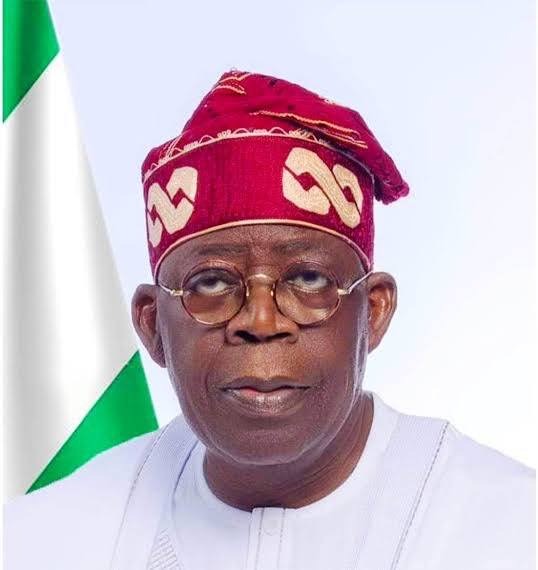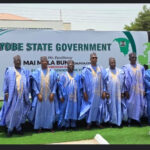Opinion: Tinubu’s Expanding Political Stronghold and the Diminishing Influence of Peter Obi in the South

According to a tweet by Chris Ososa Asuelime on X: As Nigeria’s political landscape continues to evolve ahead of the 2027 general elections, the strategic alignment and consolidation by President Bola Ahmed Tinubu across key regions is beginning to reshape the balance of power — particularly in the South. What we are witnessing is not merely an exercise in political dominance but a systematic repositioning that has significantly weakened the influence of rival political figures, notably Peter Obi, in Southern Nigeria.
The President’s deliberate political outreach and successful capture of the South-South region has redefined electoral dynamics in the South. Once a region that held potential as a shared sphere of influence between Obi and other opposition actors, the South-South has now tilted decisively in Tinubu’s favor. With this shift, Peter Obi’s relevance in the Southern political equation has been reduced, leaving him with only the South-East — a region that traditionally delivers a minority of the total national vote.
This recalibration of political influence effectively undermines any strategic partnership that opposition leaders like Atiku Abubakar might have considered. Atiku’s prior interest in an alliance with Peter Obi was premised on Obi’s perceived ability to deliver votes from both the South-East and South-South. With Tinubu now firmly in control of the South-West and South-South, such a partnership may no longer carry the political weight it once promised. In fact, Obi himself now appears to face declining influence in the broader Southern political arena.
Looking northward, the picture becomes even more decisive. The North Central region is currently under strong influence of President Tinubu and his allies. The North West, long an APC stronghold, remains largely intact under the ruling party’s control. That leaves the North East as the only region likely to be a true battleground come 2027. Even there, the terrain is uncertain and open to intense political maneuvering.
When you aggregate these dynamics — South-West and South-South solidified, North Central secure, North West leaning APC, and North East competitive — a pattern of near-national political dominance begins to emerge for Tinubu. These developments place the opposition in a weakened, fragmented posture that will require a substantial recalibration of strategy if they hope to mount any credible challenge in the next election cycle.
The political arithmetic, therefore, becomes quite clear: Bola Ahmed Tinubu is not only preparing for 2027 — he is already building an electoral fortress that spans the core geopolitical zones of the country. Whether the opposition can respond effectively to this growing momentum remains to be seen.
But one thing is certain — o ti lo!








